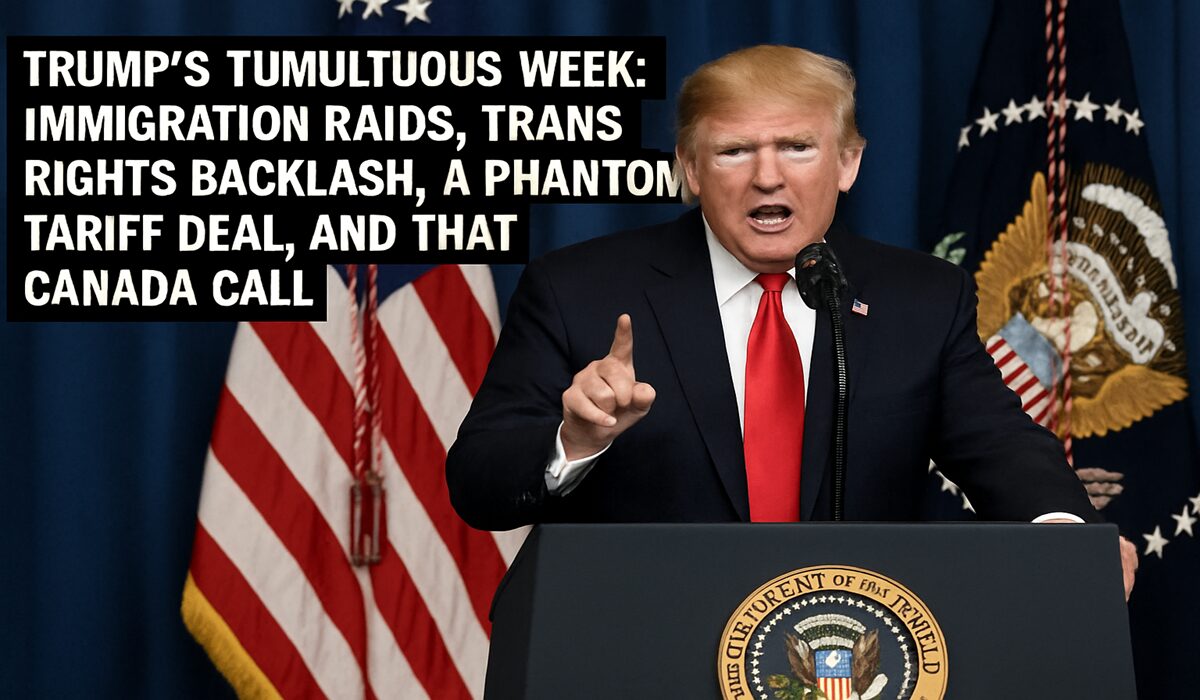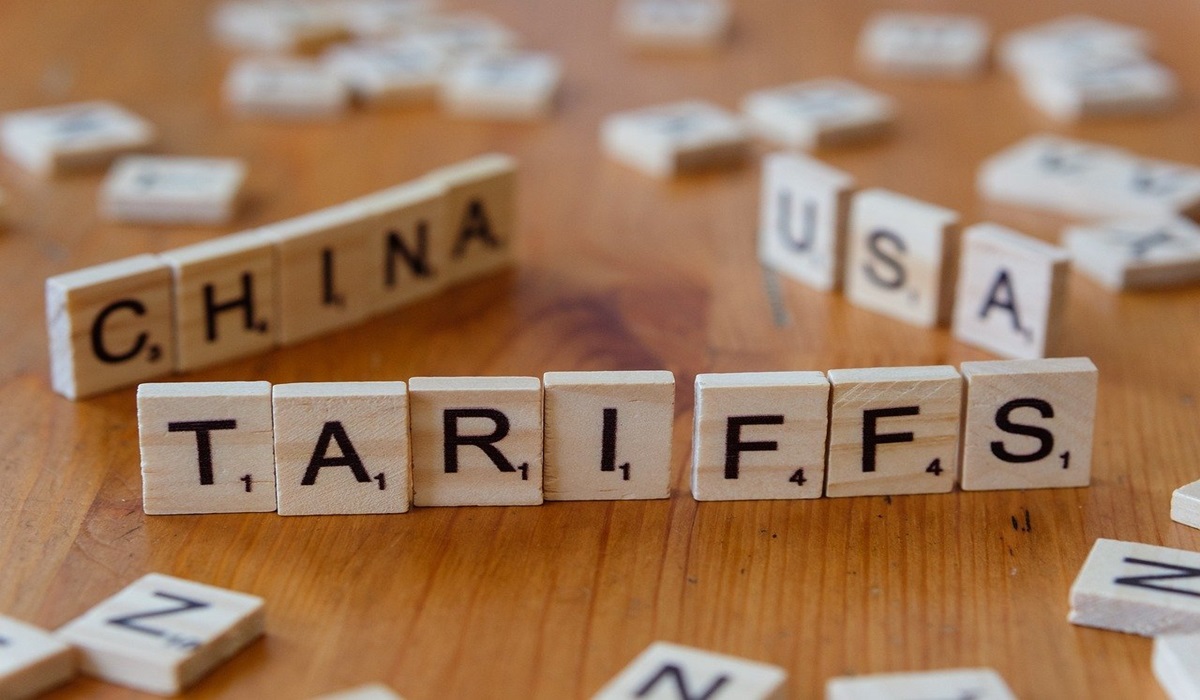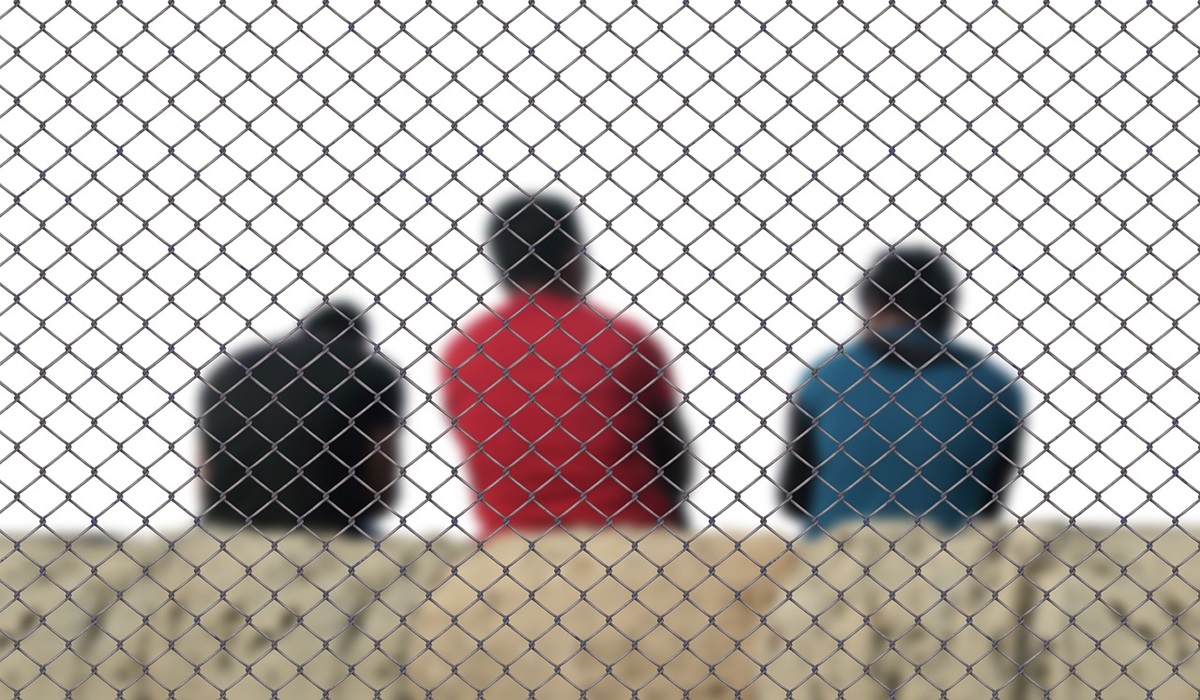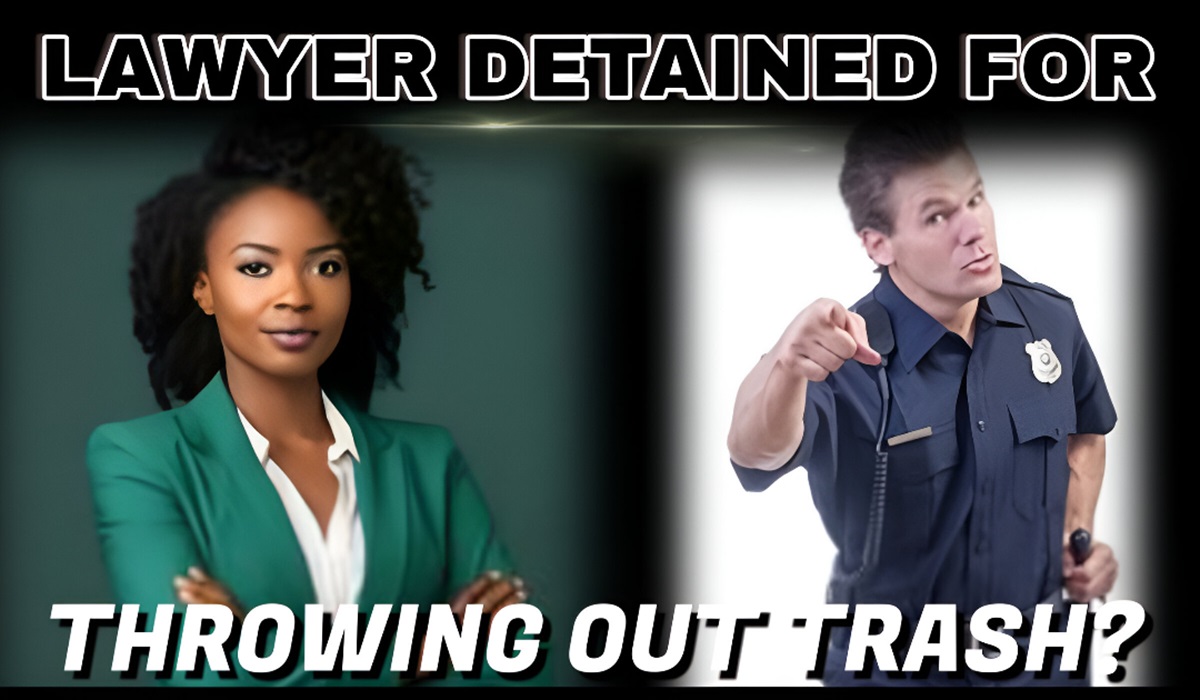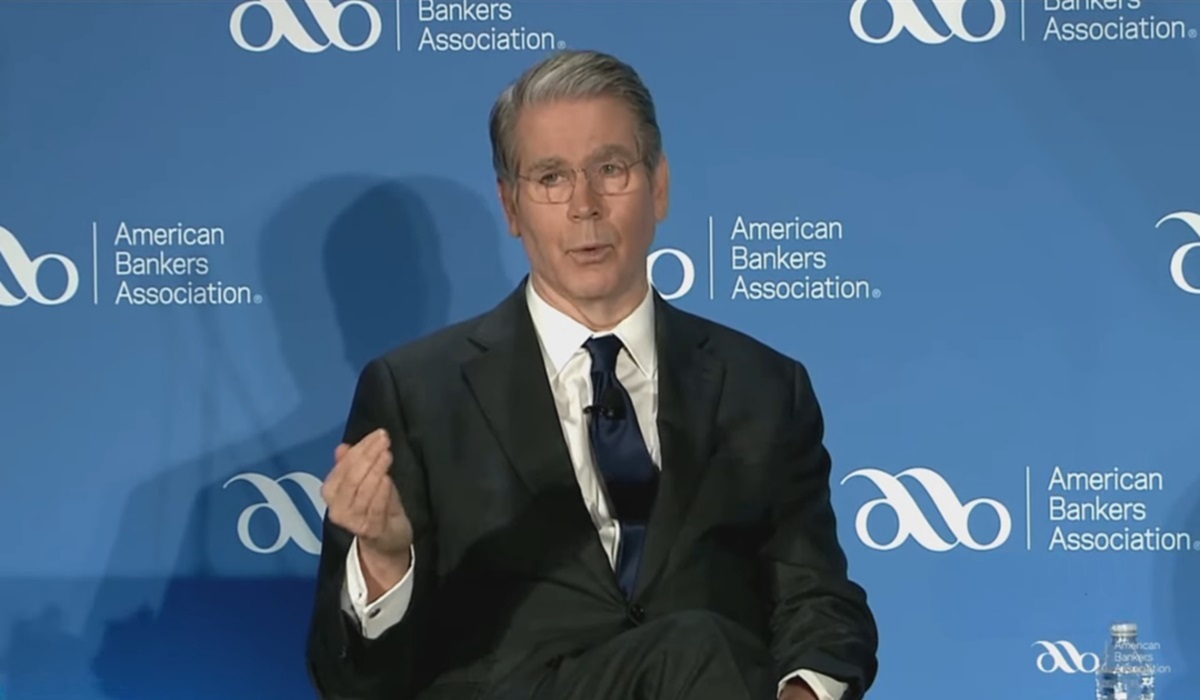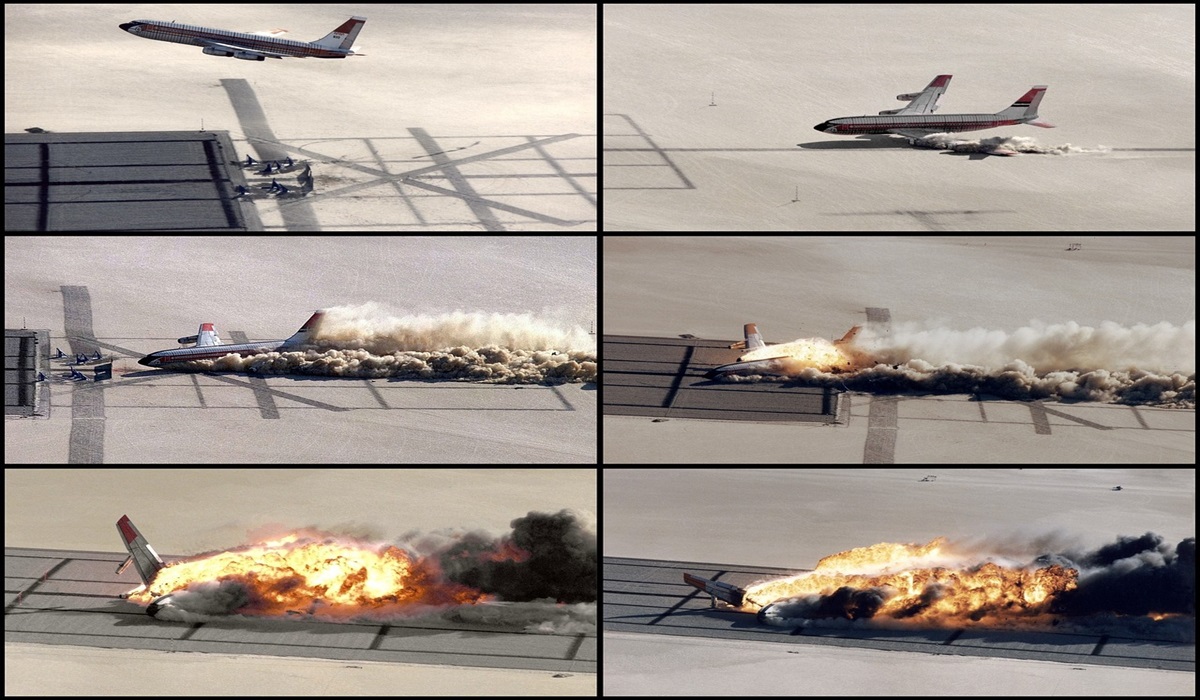TSA’s Quiet Skies Program: Necessary Security Measure or Tool for Political Surveillance?
- Ingrid Jones
- U.S.A
- August 17, 2024

Image Credit, Deactivated
The Transportation Security Administration (TSA has quietly operated the “Quiet Skies” program since 2010, a surveillance initiative designed to monitor individuals who are not on the No Fly List but are still considered potential risks to aviation security. Unlike the more transparent No Fly List, the Quiet Skies program operates in secrecy, tracking thousands of Americans without their knowledge. These individuals are not banned from flying but are subjected to intense scrutiny, often involving multiple federal air marshals who observe their every move, both in the air and on the ground. The criteria for placing someone on this list are unclear, and it remains uncertain whether the program has led to the prevention of any terrorist attacks, either domestic or foreign.
One of the most controversial aspects of the Quiet Skies program is its apparent use against political figures, notably Tulsi Gabbard, the former U.S. Representative and 2020 Democratic presidential candidate. Gabbard, known for her criticism of Vice President Kamala Harris, was reportedly placed under surveillance through this program, sparking allegations that the government is using it as a tool for political retribution rather than legitimate security concerns. Gabbard’s association with far-right groups and some of her controversial statements might seem to justify her inclusion on the list, but this raises deeper questions about the program’s intent. Is it truly about protecting public safety, or is it being used to monitor and potentially silence dissenting voices?
The Quiet Skies program monitors thousands of Americans who, in many cases, have no criminal records or ties to terrorism. Despite this, they are subjected to invasive security measures, including bomb-sniffing dogs and enhanced screening procedures at airports. If these individuals are genuinely considered threats, why are they still allowed to board airplanes? The inconsistency in the program’s implementation suggests that it may be more about maintaining indefinite surveillance rather than taking decisive action. This raises serious ethical concerns about the government’s use of such a secretive program and whether it is being wielded with good intent or as a means of exercising power over certain individuals.
The government undoubtedly has a responsibility to protect its citizens, but the Quiet Skies program exemplifies the fine line between necessary security measures and the potential for abuse. The lack of transparency and accountability in how individuals are selected for surveillance, combined with the program’s apparent use against political figures can cast doubt on whether it is being used for the right reasons. If the government genuinely believes these individuals pose a threat, it should conduct proper investigations and take appropriate action, rather than relying on a secretive and potentially indefinite surveillance program. The real question is not whether the government has the right to protect Americans, but whether it is doing so in a way that respects civil liberties and avoids turning security tools into instruments of political control.

